BMC creates more than 1700 rainwater harvesting structures with women SHG members at the helm
Bhubaneswar: In order to make the city more environment-friendly and to help the urban poor during the unprecedented pandemic due to COVID, the Bhubaneswar Municipal Corporation (BMC) through the “Urban Wage Employment Initiative” has successfully created more than 1700 rainwater harvesting projects across the city.
The interesting part of this achievement, however, is that the projects are executed by the members of the Mission Shakti Self Help Groups, federations and slum dwellers associations.
According to BMC sources, with the successful implementation of the UWEI which was launched on April 18, 2020 and later extended up to March 21 is being rechristened as a regular scheme to provide wage employment opportunities for the urban poor and needy people under “Mukhya Mantri Karma Tatpara Abhiyan” (MUKTA) and the project has brought a great help to the Temple City as the rainwater harvesting projects would help in stabilizing the ground water table. Experts have already warned that with the rapid urbanization process in and around the State Capital, the ground water table is in the dipping trend.
“With employment generation and work towards an eco-friendly city MUKTA Programme has helped the State Capital. The self-help groups and resident and slum dwellers association in their coordinated efforts with our engineering wing have successfully completed 1717 rainwater harvesting projects. It’s a collective development activity,” says BMC Commissioner Sanjay Kumar Singh.
All the 67 wards of the city are going to get the benefits of the rainwater harvesting projects. They are mostly constructed in parks, open space, grounds and the women SHGs have taken the responsibilities of their local projects with the central theme of “Progress through Partnership”, which is a philosophy of the largest corporation of the State. All the 1717 rainwater harvesting projects were completed by June 30, 2021. Through this community-led participatory work 3,000 members of women SHGs have participated while representing 265 SHGs.
These SHGs were short-listed from the various such organizations enlisted with the civic body. The projects were directly given to the SHGs concerned through a bottom up approach model. All the local residents and community leaders are also involved in the process. With the collective decision-making process they have selected the place for execution, monitoring of work and social audit.
It can be mentioned here that during the COVID pandemic situation, in which the entire globe was affected due to loss of employment and workhours, MUKTA has helped families in getting more than 53,000 unskilled and 20,000 skilled workdays in the city. Collectively it has created 73,000 workdays within the BMC area.
“Members of our nearby women SHGs have called me and given work during the pandemic and it has come as a blessing in disguise,” says Sankar Mohanty (40) a mason from Ward Number 63.
“Government project works are coming, but we generally do not get any link and thus cannot participate. However, under MUKTA the women SHG members have helped us and our families by awarding work to us,” says Raja Sahoo (47) of Barabari area in Ward Number 63.
The BMC authorities are, meanwhile, planning to add more members from Mission Shakti Self Help Groups in other city-wide projects and programmes so that the community-led participatory approach could help all sections of the society in the Temple City.


Comments are closed.